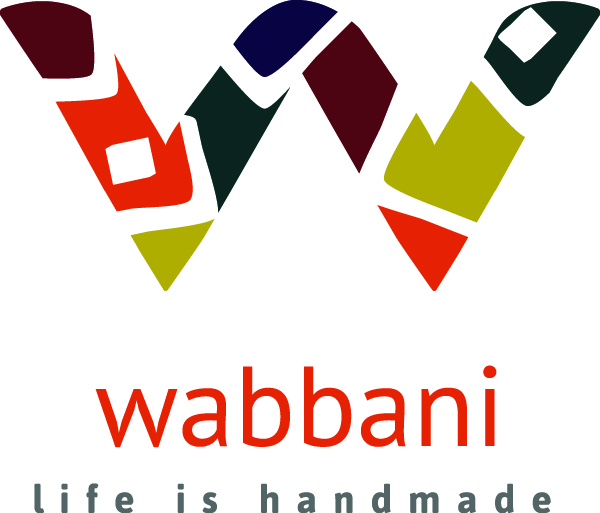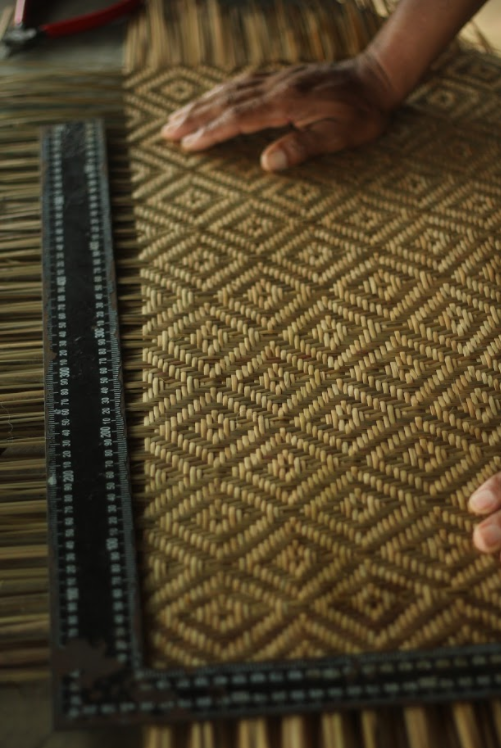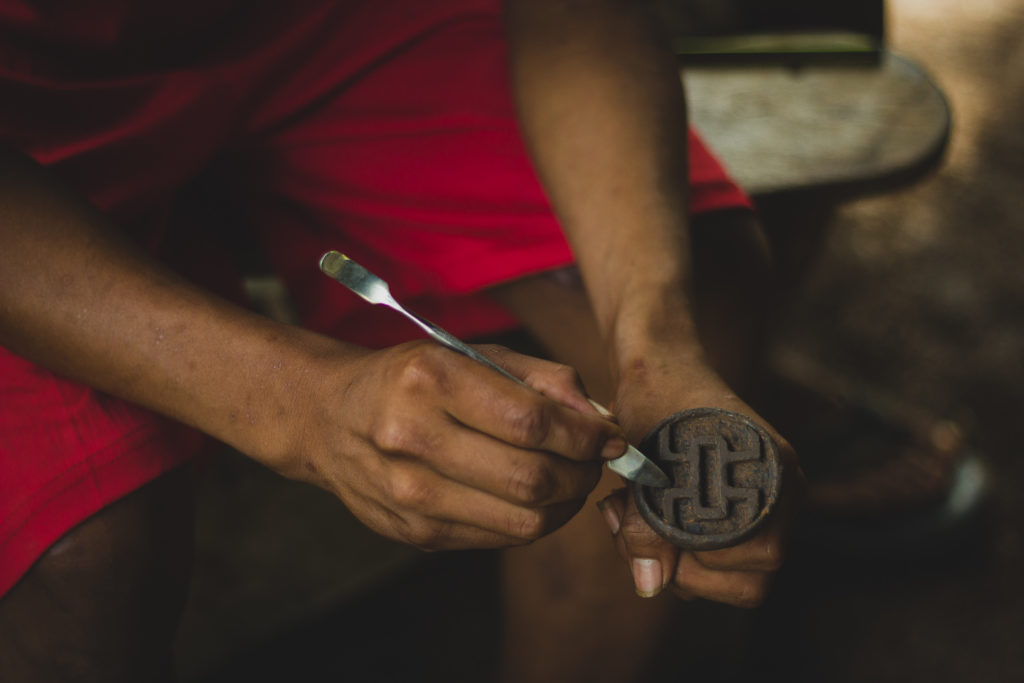This month, six ventures will complete for up to $50,000 in the 2020 Global Impact Award. Over the next few weeks, we will introduce the scalable, sustainable, and quick-to-market ventures with proof of concept and a broad impact. Our first feature is Wabbani, as described by Co-Founder & COO Paul Dinkins.
About the Company
Wabbani is a socially-conscious home décor company that manufactures and sells culturally-authentic add-ons from remote developing communities, including items which fit the exact specifications of IKEA products.

Industry: Home Furnishings
Number of Employees: In the U.S.:2; In Guyana: 1 full-time, 3 part-time in operations and ~60 villagers paid for crafting and raw materials.
Total Funding (as of March 2020): $0
About the Founding Team:
Paul Dinkins, Co-Founder & COO – Paul earned his MBA from Washington University in 2018. He also holds an M.A. in Theology & Culture (2007) from The Seattle School. Paul earned his B.S. in Business Administration (2005) from Thomas Edison State University while serving in the US Navy intelligence field as a Korean linguist. Paul has owned and operated Prep Security, a security and communications business, for the last twelve years. He also has experience in impact investing, Fair Trade, and non-profits. https://www.linkedin.com/in/pauldinkins
Alice Layton, Founder & CEO – Alice founded Rupununi Learners, winner of the 2009 SEIC Skandalaris Award. Alice also started an award-winning ecotourist lodge, Caiman House, to sustain school and village libraries in Guyana. She was the Co-Founder of the Washington University Startup Training Lab. She is currently an Instructor of Social Entrepreneurship at the University of Missouri-St. Louis. She holds a Masters in Library Science from the University of Missouri – Columbia, a Masters in Social Work from Yeshiva University, and a B.A. in History, the Arts and Letters from Yale University. www.linkedin.com/in/alice-layton-129789b and rupununiLearners.org
Shamir Khan, Guyana Operations Manager – Shamir lives and works full-time for Wabbani in Yupukari village, the hub of the Guyana operations, where he spent much of his childhood. His secondary education was completed in Georgetown, and his diverse hard and soft skill set has been invaluable to operations.

What problem is Wabbani solving?
International: The Swedish company IKEA, the world’s largest furniture manufacturer, is beloved by its customers for selling inexpensive, accessible home furnishings in the Modern design idiom. One unfortunate outcome of IKEA’s product strategy, however, is that neutral colors and modular designs create interiors that tend to be bland, lifeless, and impersonal.
Local: The discovery of vast oil deposits offshore has exploded investment in Guyana’s deep-water port and capital city, Georgetown. An international influx of high earners, along with rapidly rising local incomes, has exposed the gap between rising disposable incomes and locally available consumer goods, including home décor. Imported consumer goods incur tariffs as high as 20%, making Guyana-made items appealing for reasons of cost, convenience and rising national pride, as Guyana emerges on the world stage after many decades on “the world’s poorest countries” list.
What has been the biggest lesson you’ve learned since starting your venture? I have learned to be patient and flexible when dealing with product development and working in remote communities.

What do you love about being an entrepreneur? I love the challenge, excitement, and fulfillment of using business to create a better world.
What words of advice do you have for those interested in starting a venture? Make sure you have a customer willing to pay for your goods/services and not just a great idea.
Website: http://wabbani.com/
Facebook: https://www.facebook.com/wabbani
Instagram: https://www.instagram.com/wabbani
Twitter: https://twitter.com/wabbaniartisans
Pintrest: https://www.pinterest.com/wabbani/

